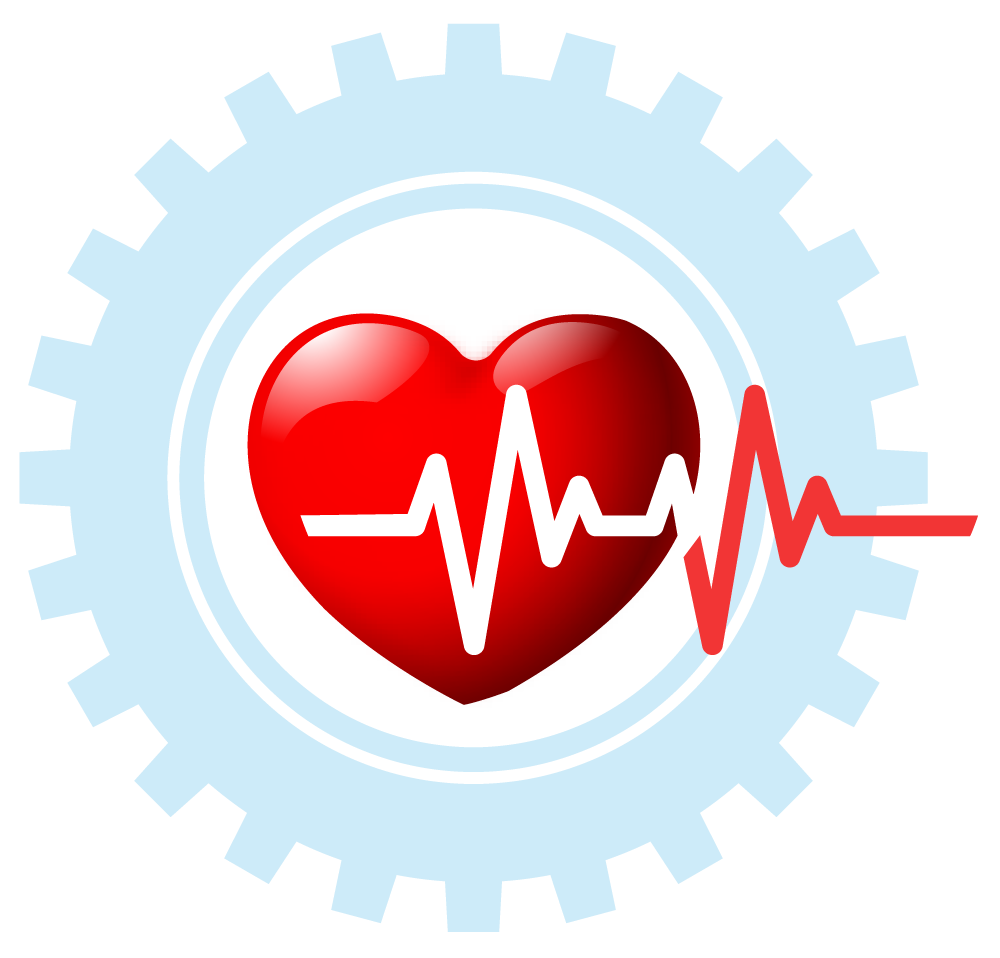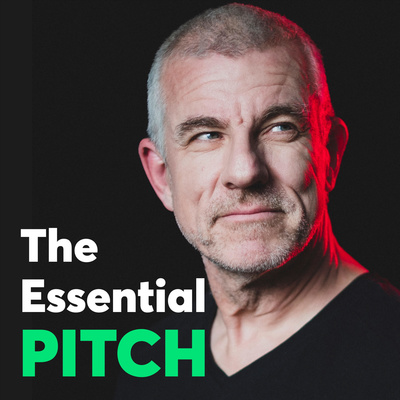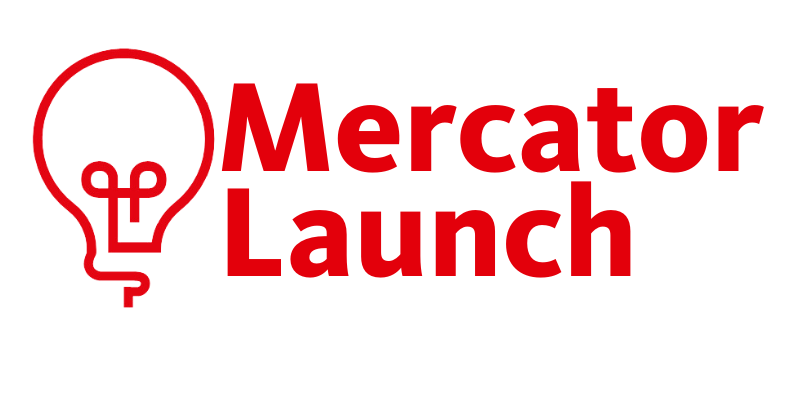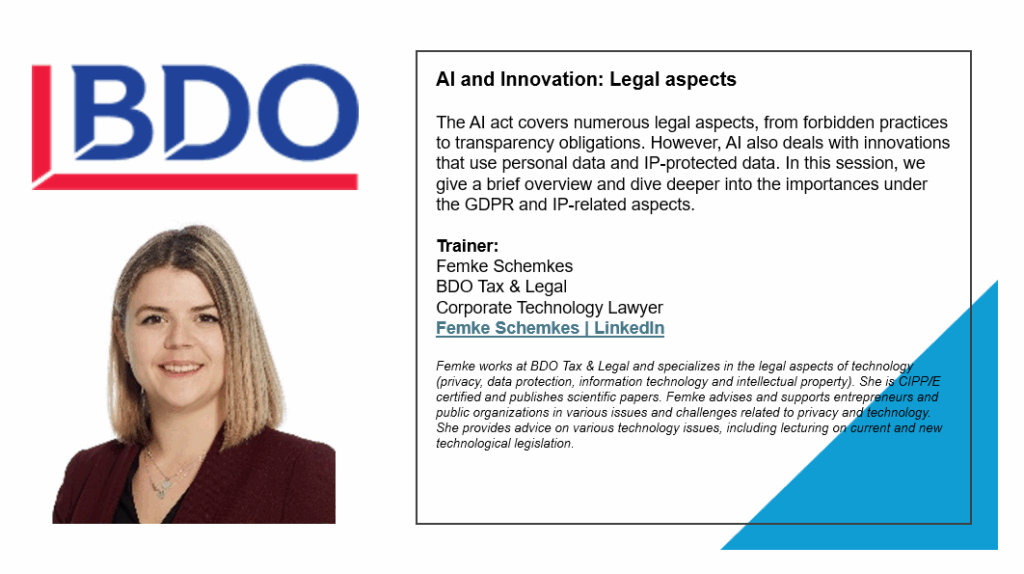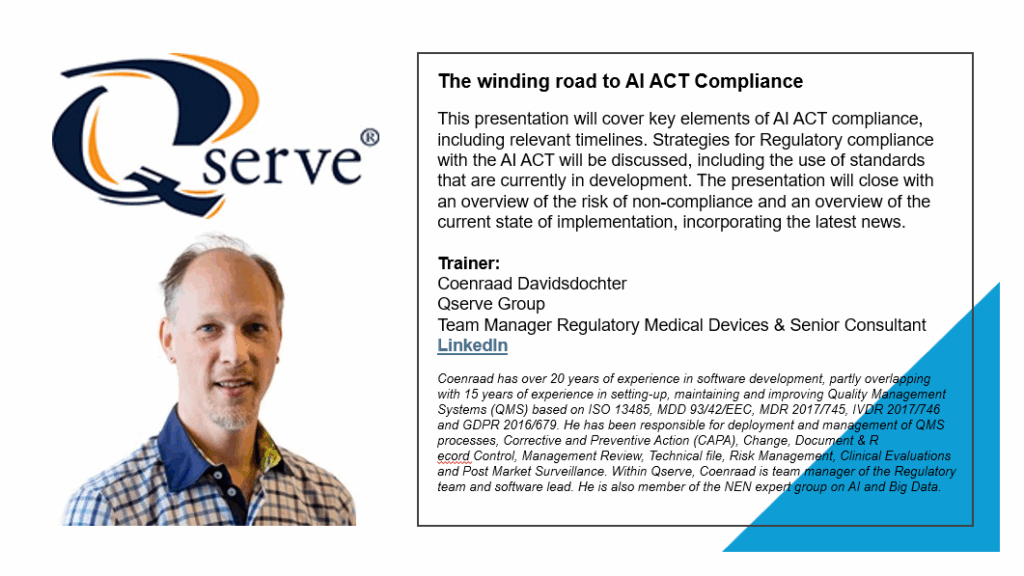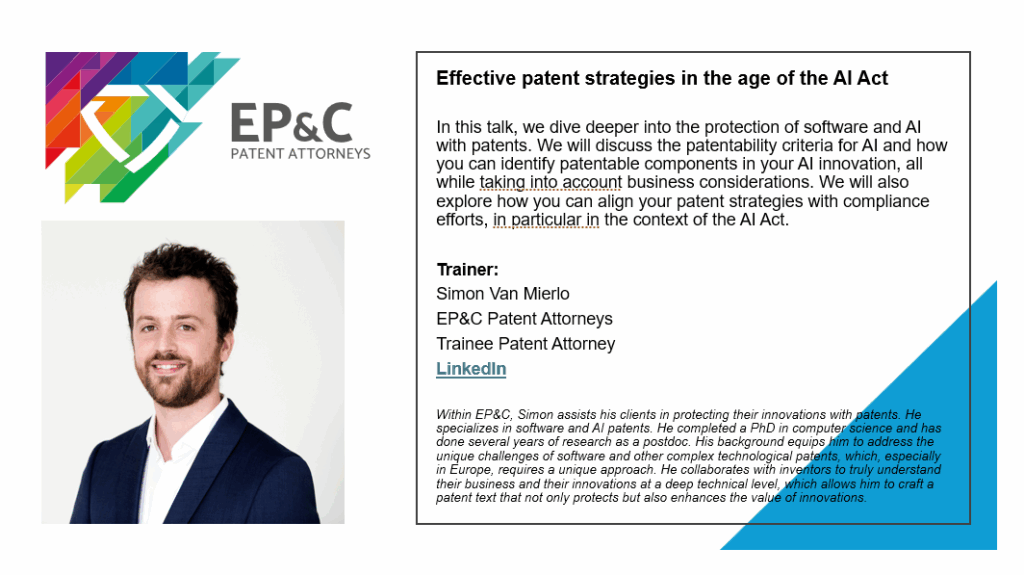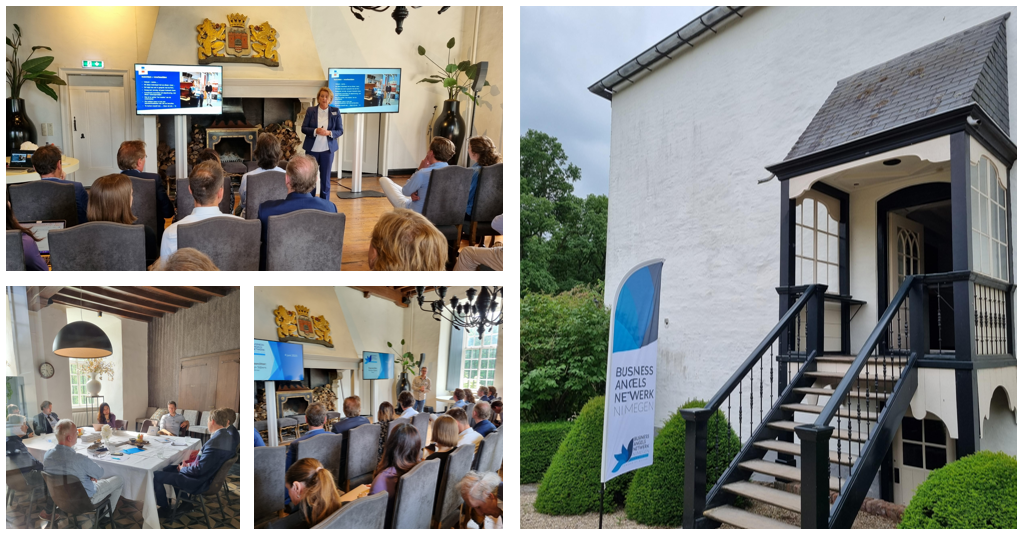This Gelderland-rooted startup is rethinking post-heart attack care – from the coronary unit to your living room. For interventional cardiologist Robert Jan van Geuns and pharmacist Lars Naber, co-founders of CardioWorks, the idea to radically change intensified cardiac aftercare started with a simple question.
Their question? “Why do we still treat heart attacks patients for their intensified aftercare in the coronary care units (CCU’s) of stationary hospitals, when we know, by overwhelming medical evidence, exactly what they need, and technology allows us to give that care elsewhere?”
It’s a question rooted in decades of experience. Trained as a pharmacist, Naber spent much of his early career in the pharmaceutical industry, including as international marketing manager for a gold standard cardiac treatment of acute heart attacks. Over the years, he specialised in redesigning healthcare processes and led numerous innovation projects in transitional care. But his fascination with acute cardiology never faded. And when he reconnected with fellow innovator prof. dr. Robert Jan van Geuns at Erasmus MC, the seed for CardioWorks was planted.
A virtual hospital for post-dPCI care
CardioWorks is developing an innovative model for cardiac aftercare that moves part of the hospital, quite literally, into the patient’s home. “We call it Connected Care”, says Naber. “Our platform replicates what a Coronary Care Unit does, but without the building. The patient is still under our medical supervision (we are officially registered as a hospital) but they will recover in their own environment.”
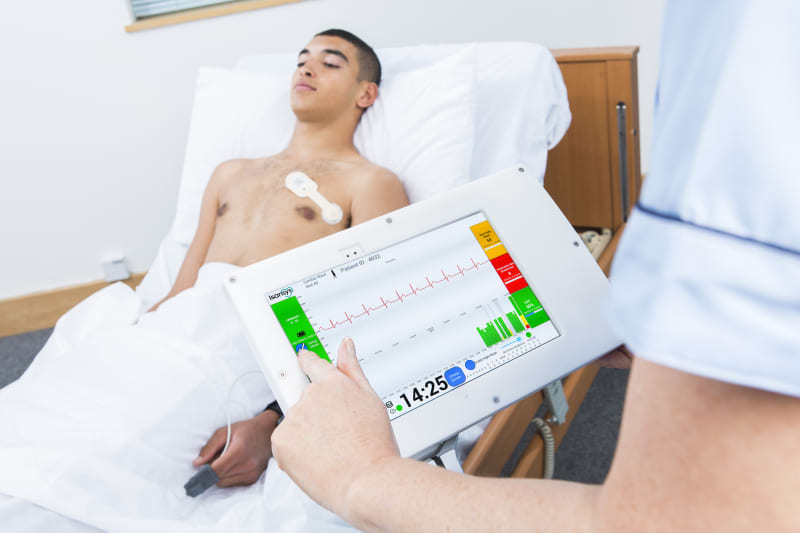
Personal, scalable and safe care
CardioWorks’ approach combines that medical insight with cutting-edge remote monitoring and a robust care protocol. After dPCI, selected patients will be transferred home, where they will be continuously monitored with wearable sensors and supported by a connected team of cardiologists, nurse specialists, and a 24/7 helpdesk.
The transition home is handled with precision. A nurse specialist picks the patient up from the intervention hospital, applies the sensors, and explains what to expect. At home, a roommate, often a family member, is trained how to use an AED in case CardioWorks registers a life-threatening arrhythmia. For the patient, the experience is more humane. For hospitals, the benefits are practical: more efficient staffing, and reduced pressure on overburdened cardiac wards.
Validating the full model
The focus is on patients recovering from a heart attack after receiving a dPCI (angioplasty). Today, most of these patients stay 72 hours in hospital to monitor for potential complications. But thanks to decades of research, doctors can now predict which patients are low-risk and what kind of follow-up they’ll need.
The CardioWorks team is currently validating the full model in collaboration with Radboudumc, where patients are gradually monitored in settings that mimic home conditions – from hospital rooms to off-site apartments. A scientific study is also underway to understand the emotional needs of patients and caregivers during this transition, and how best to support them.
Solving a structural capacity problem
The need for this model is urgent. Hospitals across the Netherlands and beyond face a bottleneck: after PCI, patients often need to be transferred to another hospital for continued monitoring – but there too, beds and staff are limited. CardioWorks offers a structural solution: by unbundling care into different functions (like triage, monitoring, intervention) and operating across institutions, the model enables one team to support multiple hospitals.
“Because we specialise, we don’t have planning gaps. Our calculations show we can treat three times as many patients with the same staff, compared to a conventional Coronary Care Unit”, Naber explains.
Ready for rollout
The goal is to go live by 2027. Radboudumc will be the first clinical partner, with other hospitals already expressing strong interest. The first target group in the Netherlands includes 5,000 predictable, low-complexity dPCI patients per year. “Once we gain routine, we can expand to more complex cases. The total number of relevant admissions in the Netherlands is close to 35,000 annually, and we aim to take pressure off the system from day one.”
The concept also has international potential. “Cardiac protocols are remarkably standardised worldwide”, says Naber. “What we’re building in Gelderland is globally relevant.”
Investing in a service that comes with a product
To bring the concept to market, CardioWorks needed investors who understood a different kind of medtech proposition: not selling devices, but delivering care. Oost NL played a crucial role at this stage, helping the team sharpen their business plan, validate the market, and substantiate the funding request.
Here, Briskr played a pivotal role as well. “They connected us with the Business Angels Network, coached us on pitching, and created the right setting where entrepreneurs and investors could truly engage.”
That support helped turn a bold idea into a viable business. CardioWorks already had a lead investor and is now in active talks with three angel investors from BANN. “Briskr helped bridge the gap. Our model is new for many investors: providing a service rather than a product. But it’s a smart business case. And Briskr gave us the tools and platform to explain why.”
